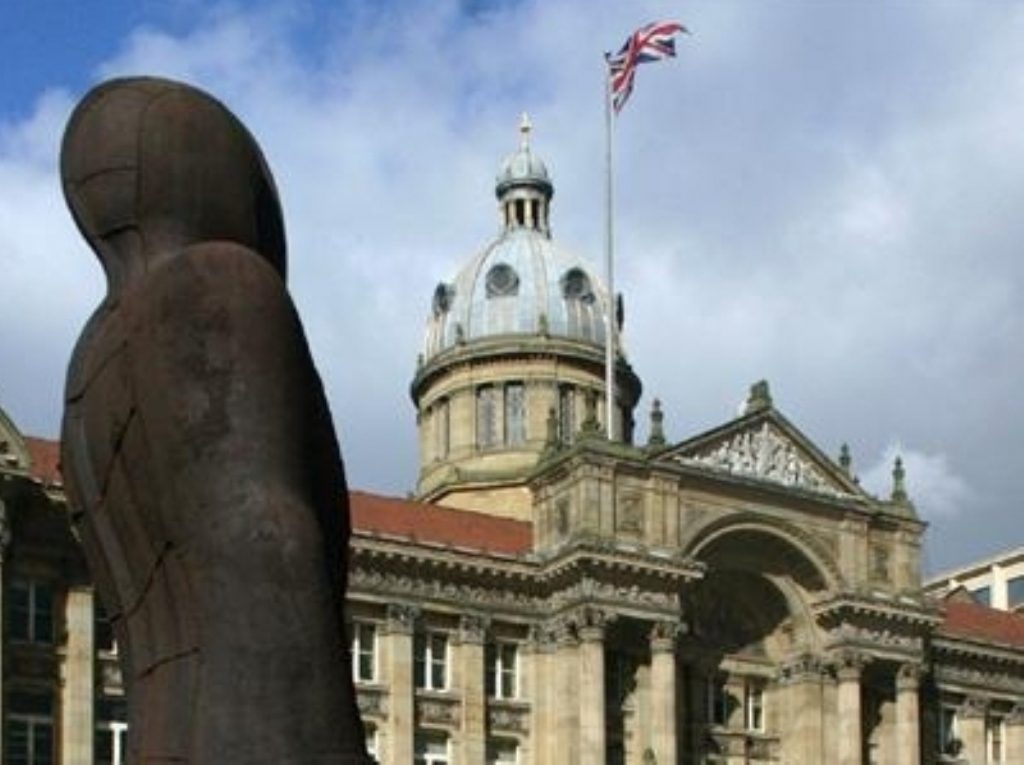Cull of council ‘non-jobs’ could ‘spare services’
By Peter Wozniak
Radical cuts in local government spending need not damage frontline services if councils cull unnecessary jobs, according to the Taxpayers’ Alliance.
A report by the organisation blamed central government interference for the creation of thousands of jobs with no frontline role.
Political advisors, european officers, diversity officers and climate change officers were singled out as worthy of the label ‘non-job’.


“These positions cost taxpayers millions of pounds each year but their purpose is highly questionable,” the report claimed.
The TPA put the total cost of people employed in the roles at £41.1 million.
Chris Daniel, policy analyst at the TPA, claimed cutting the offending jobs would allow councils to spare more worthwhile services.
“Councils need to cut spending and start delivering value for money to hard-working taxpayers, but not all spending cuts affect frontline services,” he said.
“These jobs are all the result of councils going too far in following the edicts of central government, instead of focussing on local priorities; or chasing grants that are, in the end, more than paid for by British taxpayers.
“Over time, we should move towards a situation where interference from Whitehall doesn’t encourage this sort of waste. But right now councils can deliver better value for money by cutting these jobs.”
The report did not sit particularly well with the Local Government Association (LGA), which dismissed the research involved as “slapdash”.
Chief executive John Ranford argued that the so-called ‘non-jobs’ in fact save councils money.
“Anything more than a cursory analysis of these figures will show that what the Taxpayers’ Alliance call unnecessary jobs actually help to ensure that hardworking people get value for money for the taxes they pay,” he claimed.
The local government secretary Eric Pickles has thus far been ruthless in his attempt to trim the budget of his department – to the point where he is one of five ministers allowed to sit on the ‘star chamber’ supervising the cuts programme.
The spending review is going through the final phases of departmental wrangling before being revealed on October 20th.









